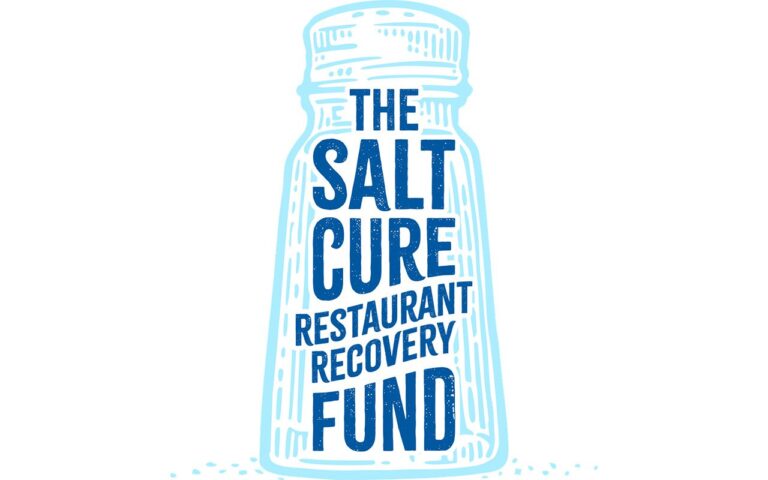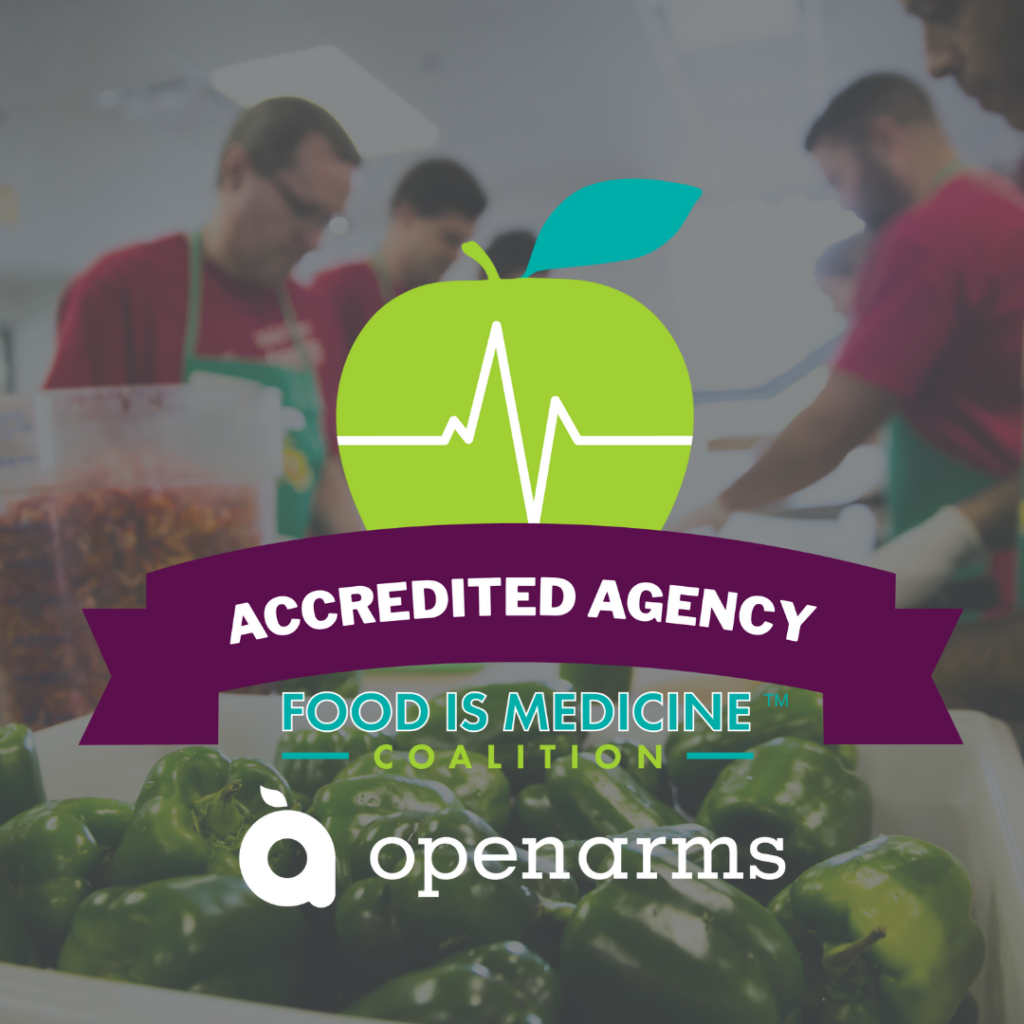
What Is A Medically Tailored Meal, The Basics
In a new series by Open Arms of Minnesota, we want to take a deep dive into the Food is Medicine movement by taking a closer look at Medically Tailored Meals (MTM). Over this five-part series, our audience will learn more about medically tailored meals and their outcomes, the role of the Food Is Medicine Coalition (FIMC), and what’s new and innovative across the food as medicine landscape.
In this first installment, we’ll explore the foundational concepts of medically tailored meals (MTMs). You’ll learn about the meticulous process behind creating these meals, which are specifically designed to meet the dietary needs of individuals with serious illnesses. We will also delve into the science behind MTMs, highlighting studies and real-life examples that demonstrate their impact on patient outcomes.
Let’s start by answering the question: What is the Food is Medicine movement? According to the Food Is Medicine Coalition (FIMC), The Aspen Institute’s Food Is Medicine Research Action Plan defines “Food is Medicine interventions” as a spectrum of programs and services that address the critical link between nutrition and health. Food is Medicine interventions include:
- Food that supports health, such as medically tailored meals (MTMs) or medically tailored groceries (MTGs)
- Food assistance, such as vouchers for produce, with a connection to the healthcare system
Now that we have provided a basic understanding of the concept of food as medicine, we can move into medically tailored meals. A medically tailored meal, as defined by the Food is Medicine Coalition, does not simply mean putting someone on a diet. It is more than a meal. MTMs are medically appropriate meals, accompanied by nutrition education and/or counseling, and delivered to the homes of individuals living with complex severe or chronic illnesses who are too sick to shop or cook for themselves. At Open Arms, we serve clients living with HIV/AIDS, Cancer, Amyotrophic Lateral Sclerosis (ALS), Multiple Sclerosis (MS), End Stage Renal Disease (ESRD), Congestive Heart Failure (CHF), and/or Chronic Obstructive Pulmonary Disease (COPD).
So, what does this look like at Open Arms? Our team of Registered Dietitians works closely with our chefs to design delicious, medically tailored menus using fresh, whole ingredients rather than heavily processed foods—all prepared in our state-of-the-art kitchens. We offer a variety of medically tailored menu options (listed below) that meet the unique nutritional needs of our clients. These meals are diabetes-friendly, feature controlled amounts of salt and saturated fats, and can be adapted for individuals with chewing or swallowing difficulties who require a puréed diet. Our menus include:
- Heart Healthy
- Kidney Friendly/Renal
- Flavor Neutral
- Vegetarian
- Gluten & Dairy Friendly
- Pureed Diet
- Hmong Menu
- East African Menu
To learn more about our menus, please go HERE.
Given the unique health challenges our clients face based on their diagnoses, we’ve also developed Nutrition Fact Sheets to guide their nutritional journeys. So, what’s the ultimate goal of all this thoughtful planning? Research shows that medically tailored meals (MTMs) have been proven to improve health outcomes, lower healthcare costs, and increase patient satisfaction. MTMs lead to better quality of life, improved mental health, more effective diabetes management, healthier eating habits, and improved medication adherence. Our friends at the Food Is Medicine Coalition (FIMC) have compiled excellent research on the topic, which you can explore HERE.
As we wrap up this first part of our series, we hope you’ve gained a foundational understanding of medically tailored meals (MTMs) and the broader Food is Medicine movement. At Open Arms of Minnesota, our approach to MTMs reflects the crucial link between nutrition and health, particularly for individuals facing complex illnesses. By working closely with our registered dietitians and chefs, we create meals that meet our clients’ unique dietary needs while prioritizing fresh, high-quality ingredients. From heart-healthy to culturally specific menus, we serve meals that not only improve health outcomes but also enhance quality of life. The evidence is clear—medically tailored meals lead to better physical and mental health, improved management of chronic diseases, and greater patient satisfaction. As we continue this series, we are excited to share more insights into the transformative power of nutrition and deepening our collective understanding of how food is a vital component of healthcare.










